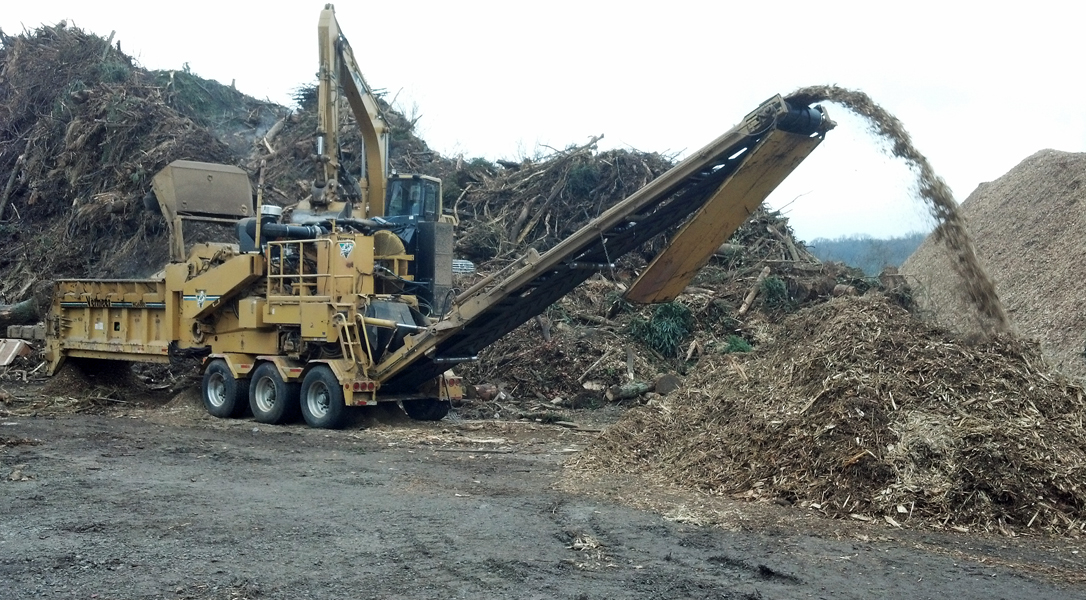Landscaping Materials

GREEN WOOD CHIP $40.00/TONNE
Green Chip is ground trees and branches, ideal for mulch, and reclamation projects. It is also used in our composting operation to provide carbon content mixed with grass.
SANDSTONE $30.00/TONNE
Sandstone is from our landfill cell excavations that have been screened from our clay liner material. Sizes range from 150 mm to over 4 cu. metres. Unfortunately we do not load sandstone into private vehicles. For larger pieces please arrange for heavy equipment to load and transport.
